Studied Physics & Mathematics at Smith College, Northampton MA, and Mathematics at the University of California San Diego, CA USA and at Cornell University, Ithaca, NY USA • Highest Degree: PhD in Mathematics • Lives in United States • Occupation: Senior Data Analyst at SRT Labs and Adjunct Research Staff Member at Center for Computing Sciences, Institute for Defense Analyses
I was always interested in math and science, maybe because I was just good at it. I chose to go to a women’s college because even at the high school level, I had been the only girl in the class, and experienced some unhealthy dynamics that can occur in a gender-imbalanced environment. Finishing my double major in Math and Physics in an enthusiastic and supportive environment, I decided I was happy to keep learning for the sake of learning, so I started applying to graduate school.
I went to the University of California, San Diego because they had big math and applied math departments, and since I didn’t have a specific area of focus yet, this would give me lots of options. Two years in, I realized I had not narrowed down the list of mathematical topics I was interested in so much as the list of professors I was not interested in working with. I set up meetings with potential advisors across the departments, who did work in numerical analysis, representation theory, combinatorics, and even math education research. Rather than giving me an impromptu lecture, one professor spent 5 minutes setting up a problem, then handed me the chalk and said “Go up to the board and work out an example.” I thought to myself, I guess I’m an algebraic combinatorialist now!
My specific expertise seemed to be less relevant than my willingness and ability to jump into new research areas and tackle hard problems.
Six years and a cross-country move later, I finished my PhD. I had determined that I didn’t want to pursue an academic track, but with such a pure math background, I wasn’t sure what other options I would even have. That is, in academia, it is quite common that you have no idea what else to do except be an academic because no pure math professor I have met has ever done anything other than be a pure math professor. While I had a wonderful opportunity learning how to think mathematically, I had no guidance about how to transition my research to real life. After sending my resume to companies and national labs across the spectrum of options, I landed an interview at the Center for Computing Sciences in Maryland, a federally-funded research and development center, where the organizational ethos seemed to be to hire a bunch of smart people and remove all the administrative distractions so they can just focus on solving hard problems for the US government. The people I met at my interview were excited about their work, but also had interesting hobbies and work-life balance. My specific expertise seemed to be less relevant than my willingness and ability to jump into new research areas and tackle hard problems.
The AWM is a community of mathematicians from around the world who care about building up a network to help us all succeed and I love being a part of it.
Along the way, I had an opportunity to join the Association for Women in Mathematics (AWM) on a day trip to the US Capitol in Washington, DC, to meet with the offices of elected officials and advocate for supporting underrepresented minorities in STEM. The AWM is a community of mathematicians from around the world who care about building up a network to help us all succeed and I love being a part of it. These visits give us a chance to let our voices be heard, and to bring awareness to the importance of STEM across society—many politicians have never met a mathematician before, and we had the chance to try to counter some of the stereotyped images in the media. I met an amazing group of mathematicians, and before I knew it, I was the one organizing these Capitol Hill visits, then serving on several committees.
A few years ago, an opportunity came up to work with a small technology company with a great company culture. My job title is Senior Data Analyst, but again I was hired not for specific expertise but for my flexibility in taking on new challenges. I get to work across a broad swath of the company, talking to clients, designing solutions, and yes, analyzing some data along the way. I love being able to apply mathematical thinking to problems perhaps not thought of as classical mathematical problems, like how to help universities save energy by connecting their air conditioning system to their class scheduling system.
I could not have predicted the path that I’ve been on, and certainly would never say that I had a plan all along. I am happy to do lots of different things, but it matters a lot to me who I spend my time with. Picking each step based on the people I enjoy spending time with seems to be working just fine so far.
Published on October 16, 2024.

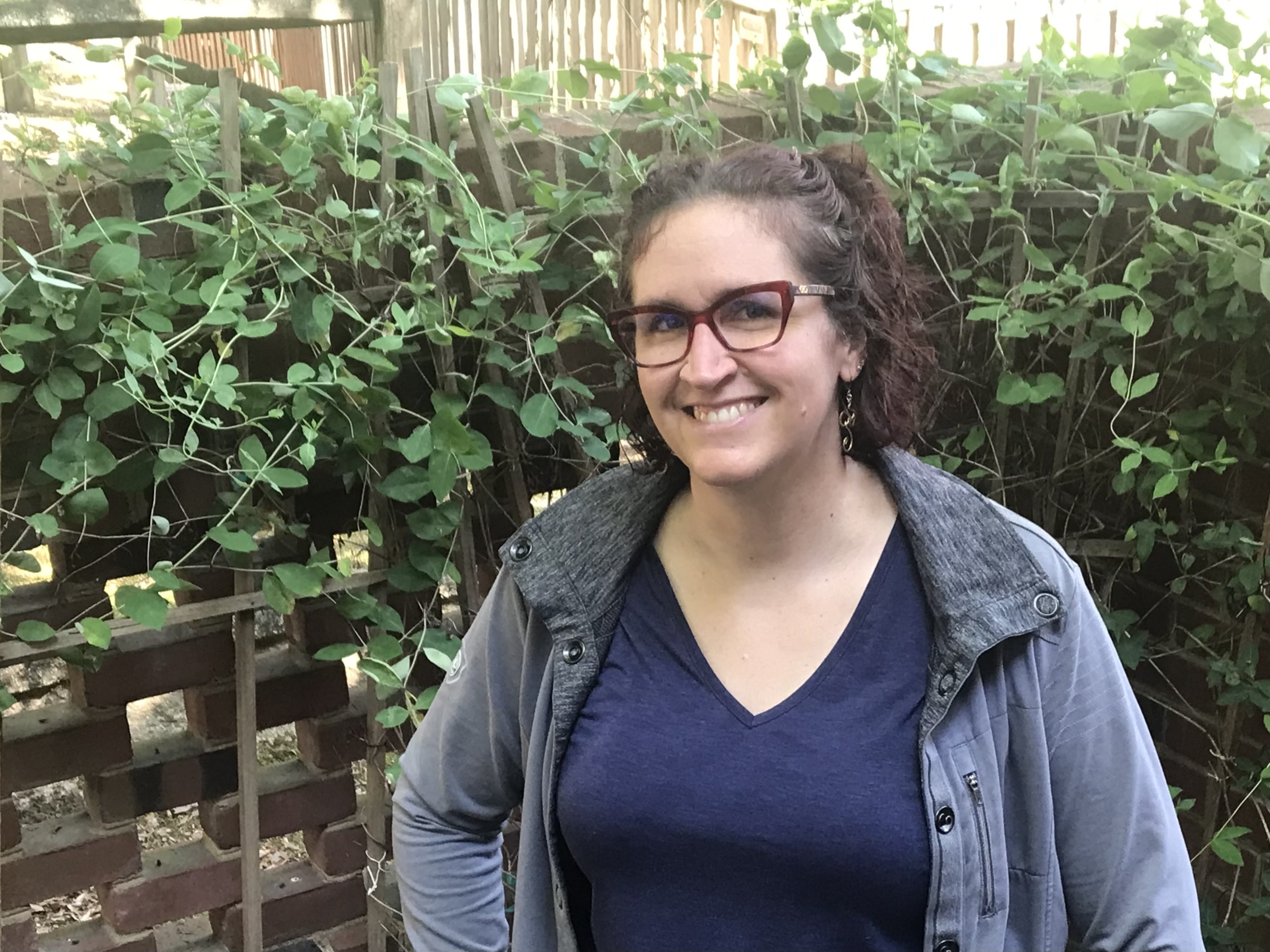
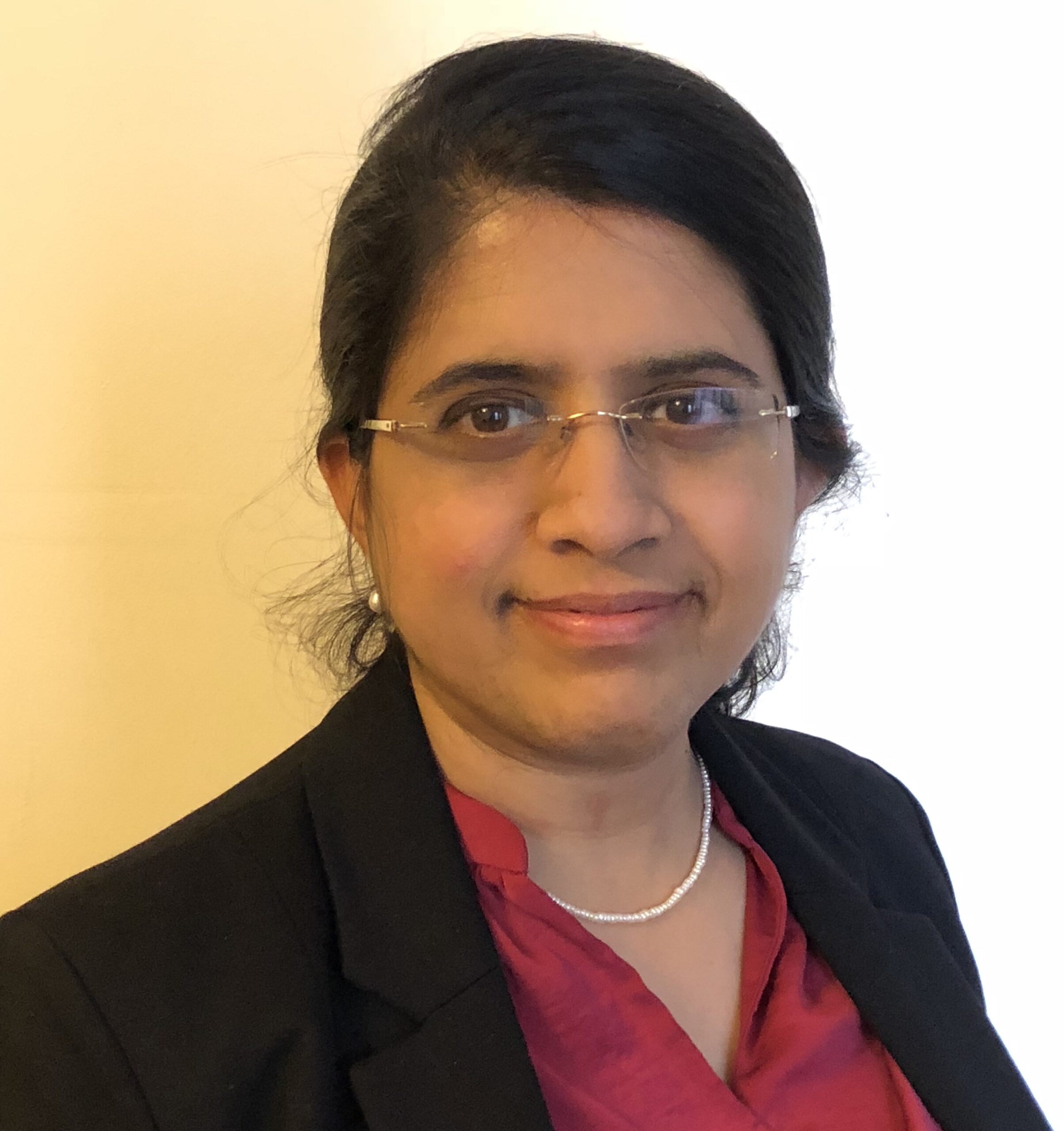
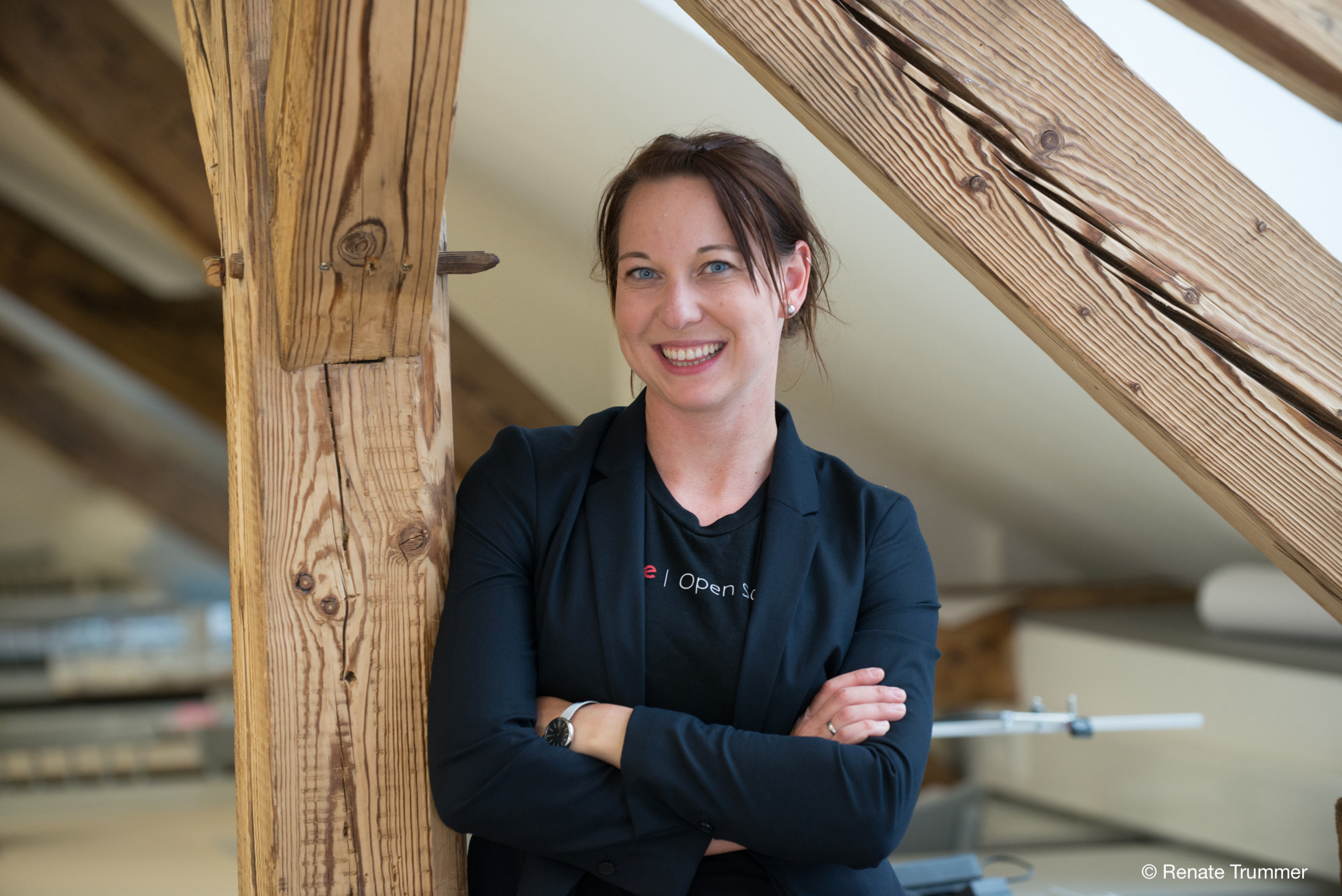
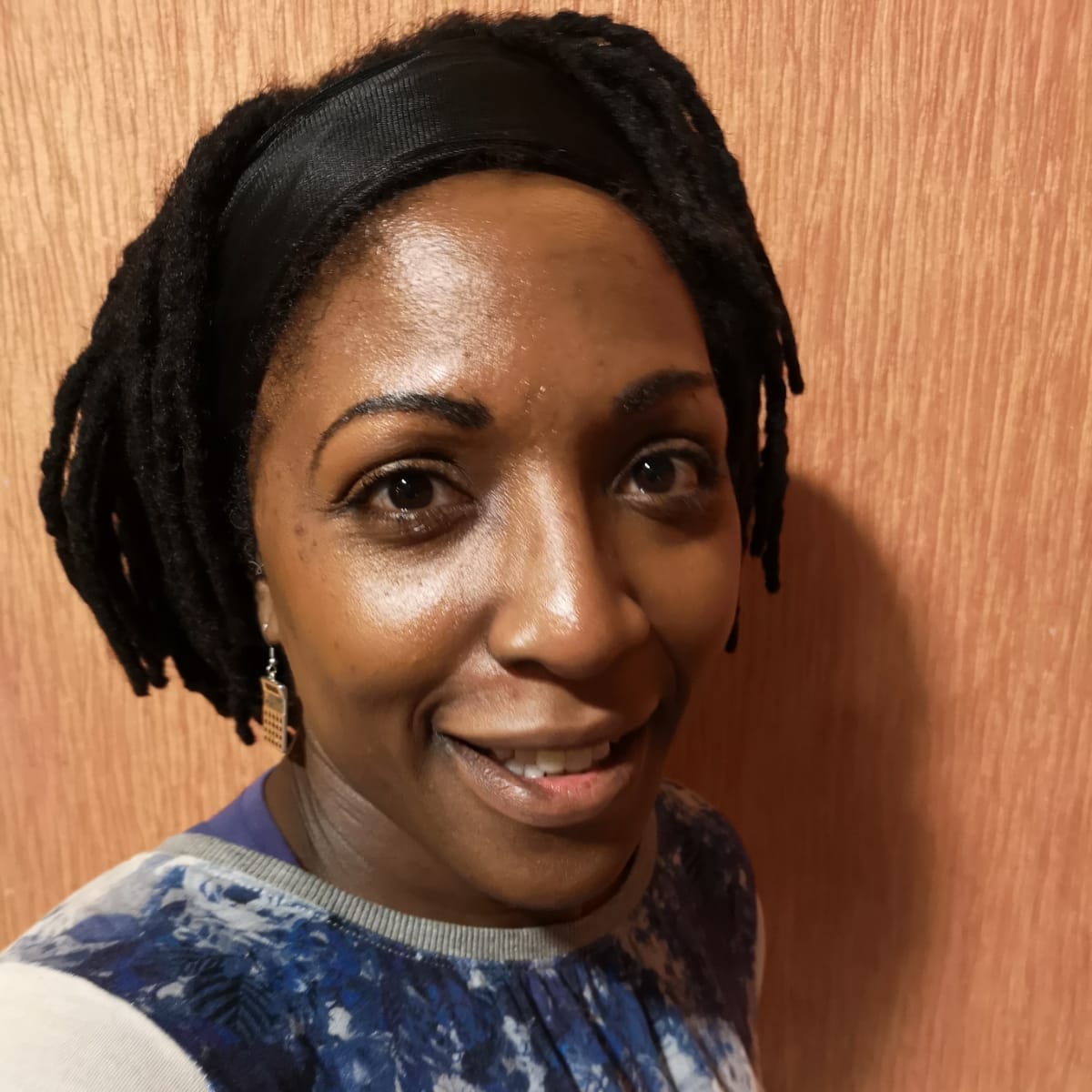
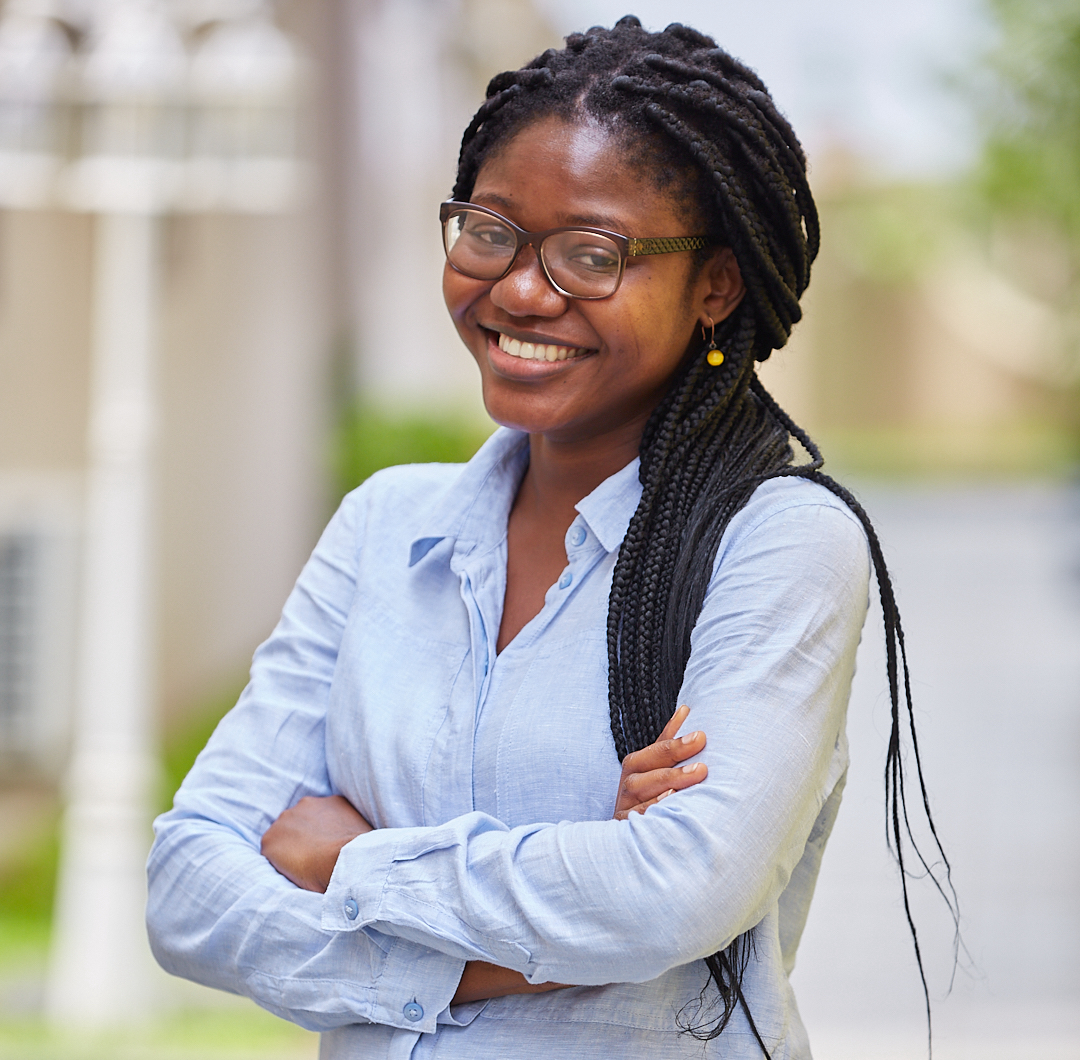
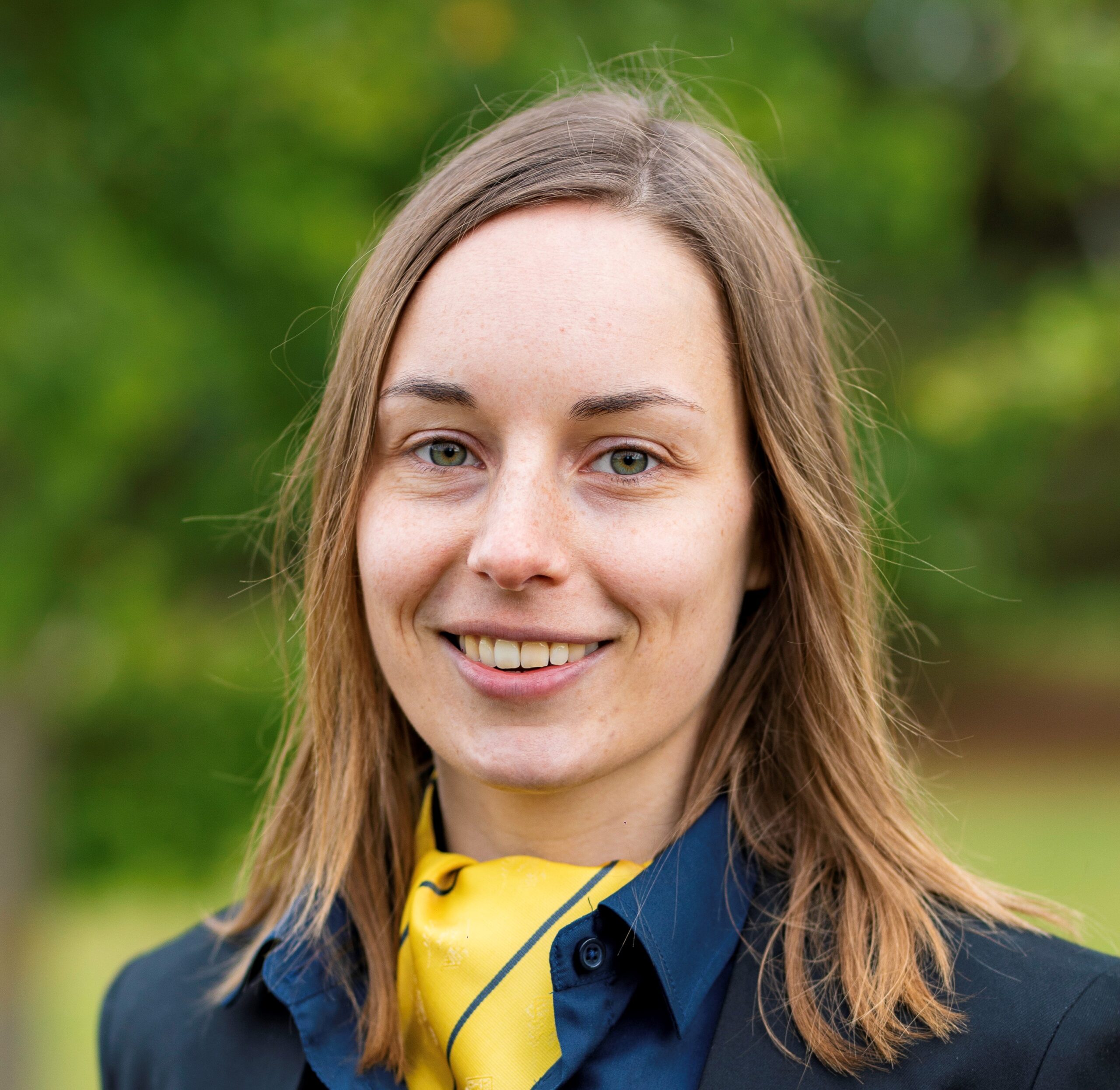
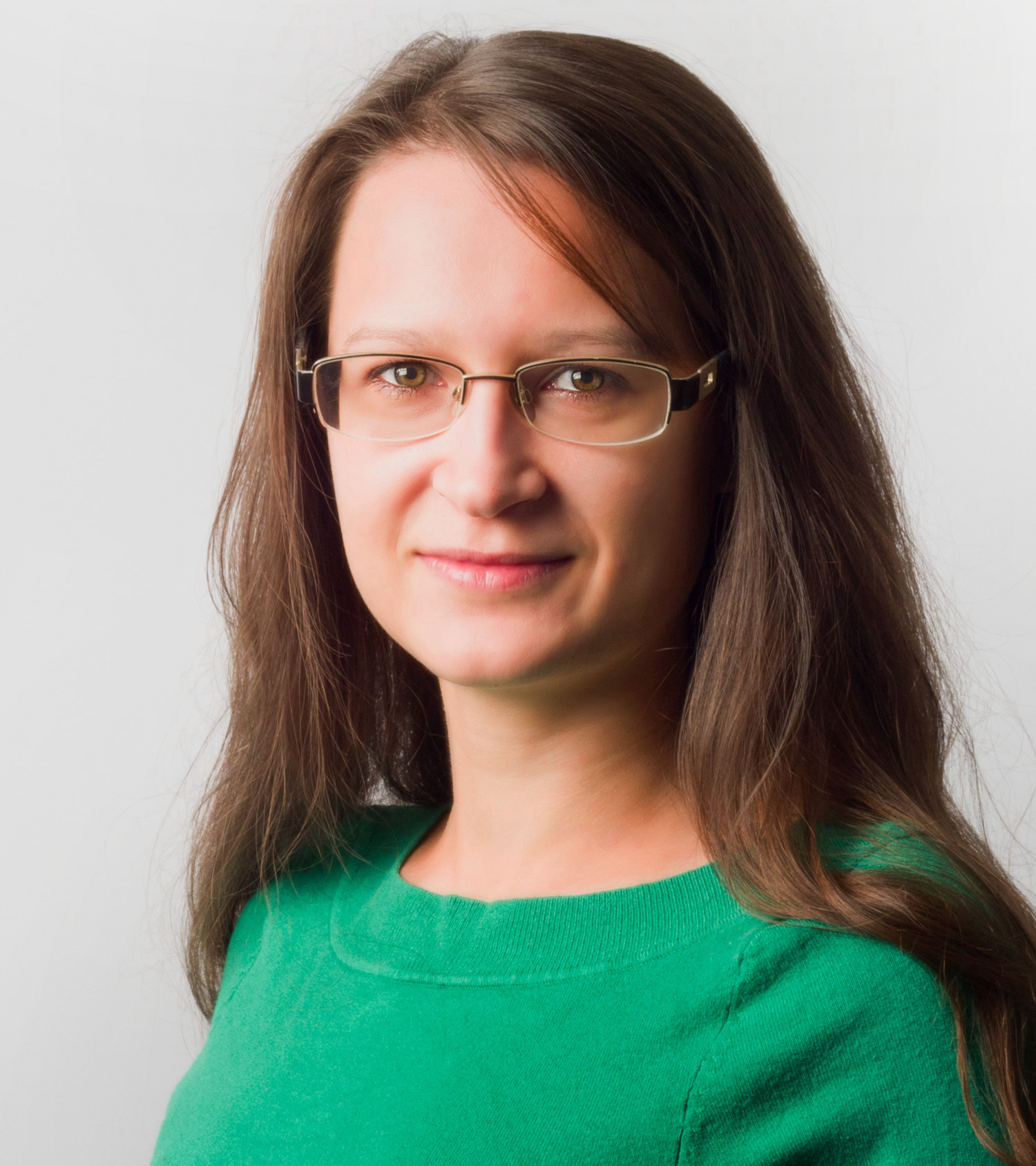
Recent Comments